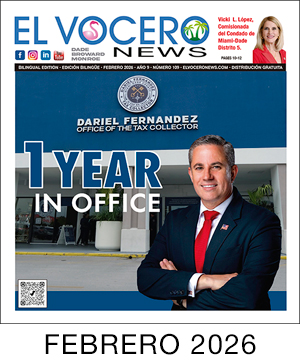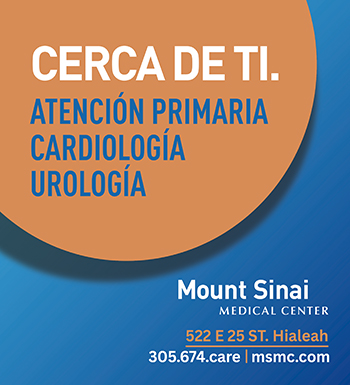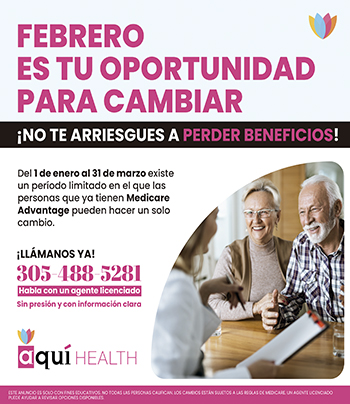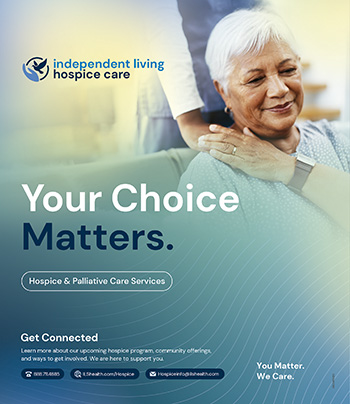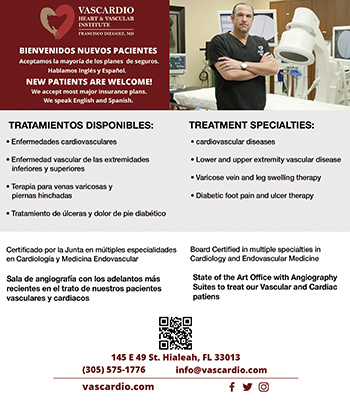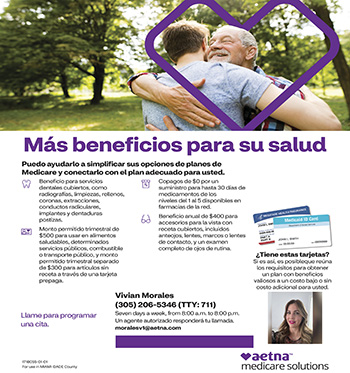According to the U.S. Centers for Disease Control and Prevention, stroke, also known as a brain attack, is the fifth leading cause of death in the U.S. Imagine barriers keeping your blood from naturally flowing through your body, causing a clog in your blood vessels. A healthy blood flow supplies needed oxygen to your brain, and when that blood supply is stopped, your brain stops functioning and brain cells, also known as neurons, begin to die immediately. The good news is that most strokes are avoidable, and there are several ways to prevent them from happening to you or a loved one, by monitoring the following stroke risk factors: (Modifiable risk factors)
• High blood pressure. High blood pressure is the main risk factor for stroke. Blood pressure is considered high if it stays at or above 140/90 millimeters of mercury (mmHg).
• Diabetes. It is important to manage diabetes because it can damage the blood vessels in the brain and the rest of the body.
• Smoking. Smoking can also damage blood vessels, raise your blood pressure, and reduce the amount of oxygen that reaches your body’s tissues.
• Physical inactivity and obesity. Inactivity and obesity can increase your risk of cardiovascular disease. Perform moderate exercise or brisk walking at least 30 minutes a day, 5 days a week, to increase cardiovascular health.

• Excessive alcohol intake. Drinking an average of more than one drink per day for women or more than two drinks a day for men can raise blood pressure. The following are stroke risk factors that you cannot control, but they are important to keep in mind when determining your risk for stroke. (Non-modifiable risk factors)
• Increasing age. Stroke affects people of all ages, but after the age of 55, stroke risk doubles.
• Gender. Until 75 years of age, stroke risk is higher among men. Women are more likely to die from stroke, and have an overall higher lifetime risk.
• Ethnicity and family history. African Americans, Hispanics, Native Americans, and Alaskan Natives have a higher risk for stroke. Family history of stroke also increases your risk. Even if you fall under one of the non-modifiable risk factor categories for stroke, keep in mind that

staying healthy and avoiding controllable risk factors decreases the likelihood of experiencing a brain attack. If you think you or a loved one may be at risk, discuss the appropriate steps to take with your doctor to prevent stroke.






